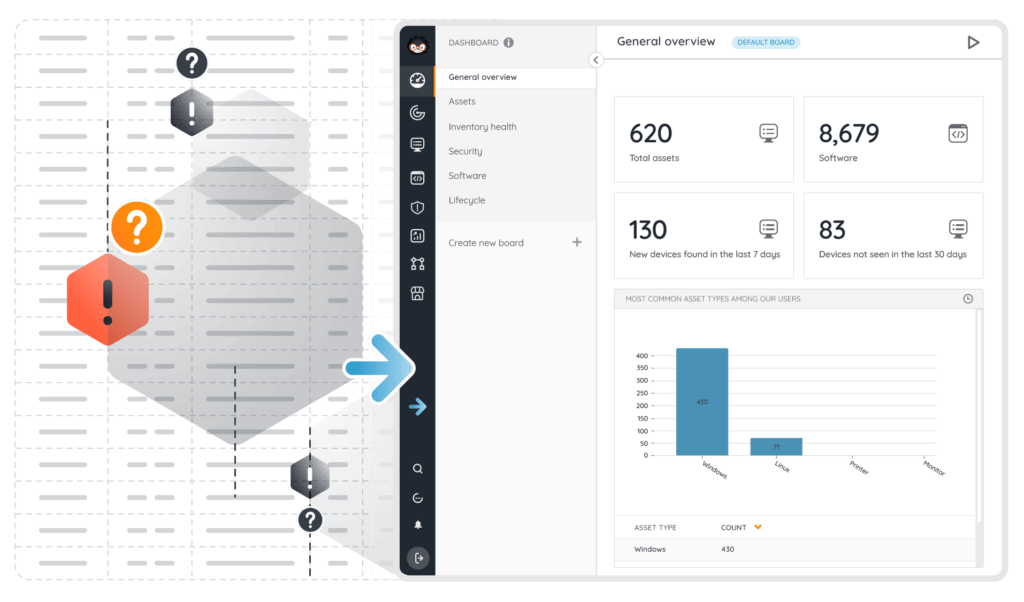
When tasked with keeping track of the network devices in an organization, many IT pros instinctively open a fresh Excel sheet, punch in their assets, and build from there. Others will search for “IT inventory Excel template”, “Asset tracker Excel template”, or “Managing hardware in Excel” to give them a head start. Spreadsheets are familiar, easy to whip up, and scalable… right? Hold on. IT professionals who swapped their spreadsheets for a dedicated Network Inventory solution rarely look back.
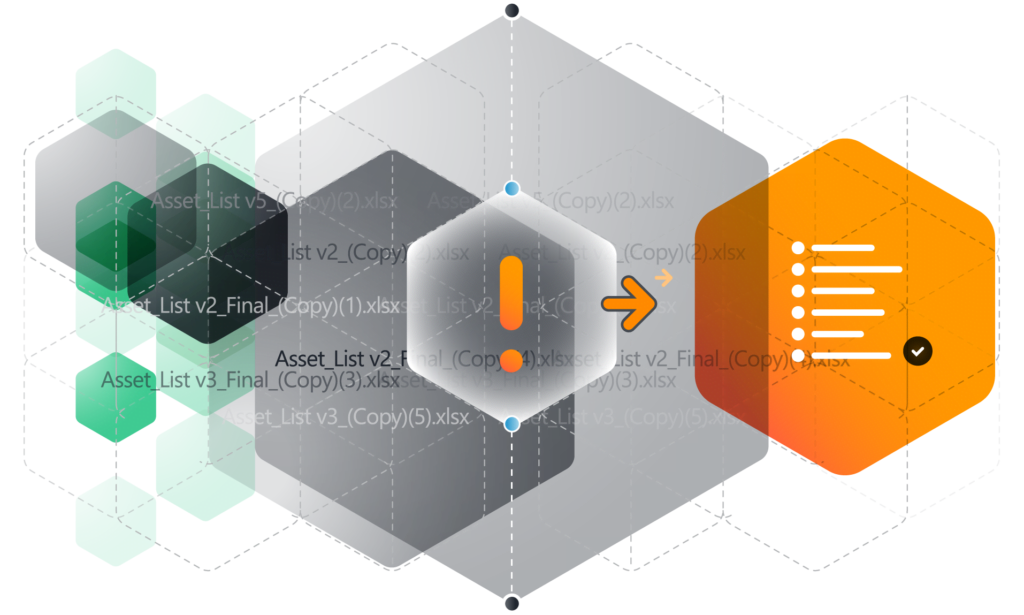
Is the official version of your network inventory doc named Asset_List v2_(copy)(copy)(3).xlsx? Do you ever find yourself copying those Cisco switch OIDs manually? If all this sounds familiar, you have been doing machine work. An Automated Network Discovery solution can gather a wealth of knowledge in minutes, while you focus on actual work. Inventory won’t take hours, and there’s no chance of typos when entering that OID or serial number.
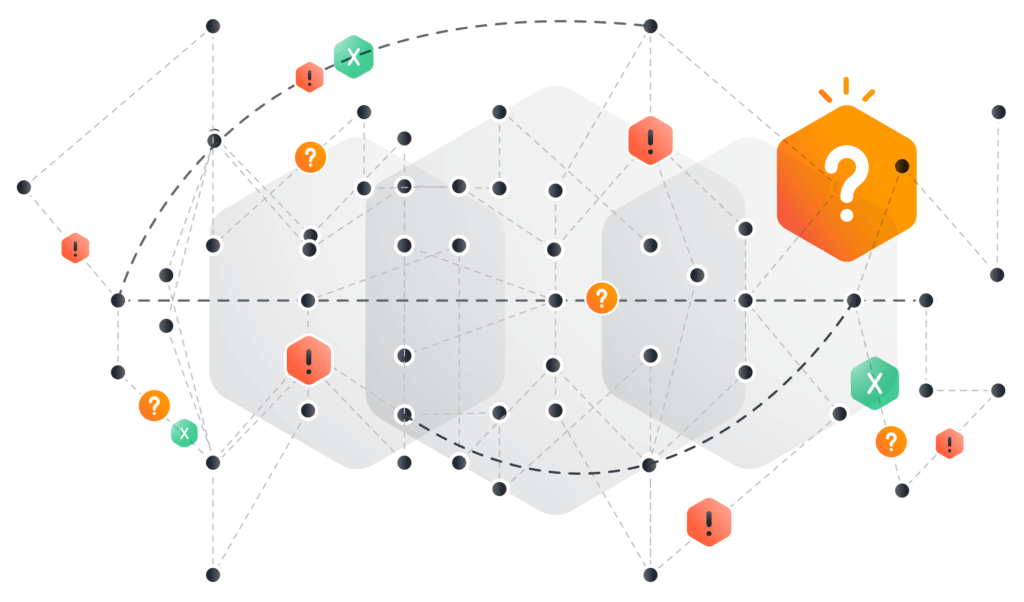
Over time, what seemed like a logical choice becomes unmanageable. Your asset management spreadsheet keeps growing with new assets, new data, and new parameters you want to track. Until keeping it up-to-date manually becomes impossible.
Your server can collect detailed information for you, without the risk of human errors. Focus on managing your IT, rather than maintaining spreadsheets filled with network info that will be obsolete by next week. Wasting time on “cleaning up” data so it synchronizes properly is a mindless task that is always prone to error. Spreadsheets equal limitations, and at best, can only help you list your devices.
It’s fine if you have a hundred laptops on a spreadsheet, you could just about keep track of that. But when all of a sudden it’s decided that you are going to hand out a thousand laptops in the space of three months, it gets a bit tricky.

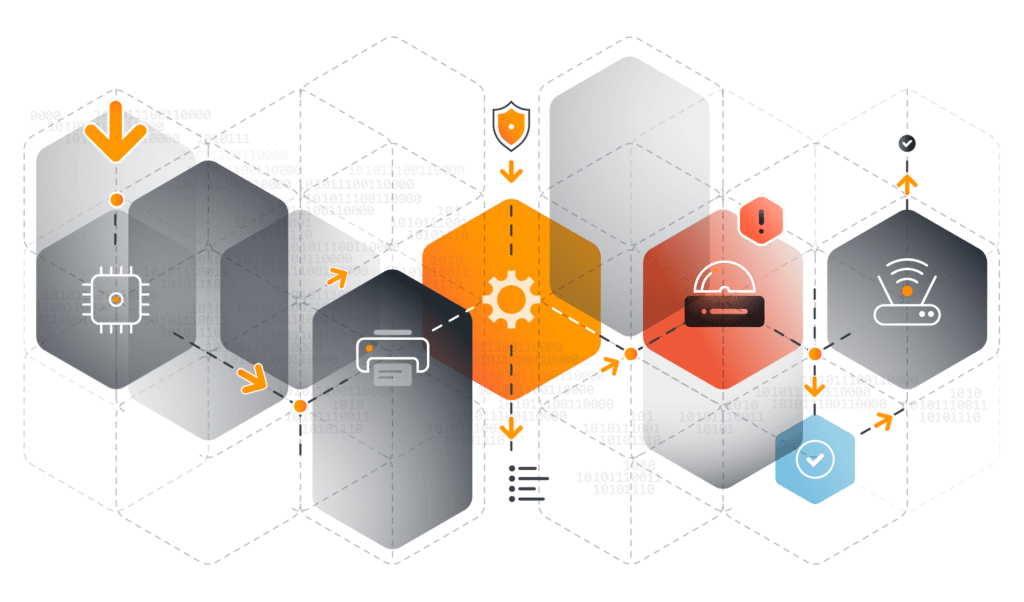
It’s very hard to keep your asset inventory spreadsheets standardized, even if you started from an asset management Excel template. Everyone has their own ideas, tastes, and methods for them. Even with shared workbooks, you can’t be sure that the info stored in these documents is accessible to other staff and is maintained properly. A centralized Network Inventory solution lets different users access the information they need, in one central system. The database is always consistent, and users with different skill levels and permissions can access that data in the way that suits them.
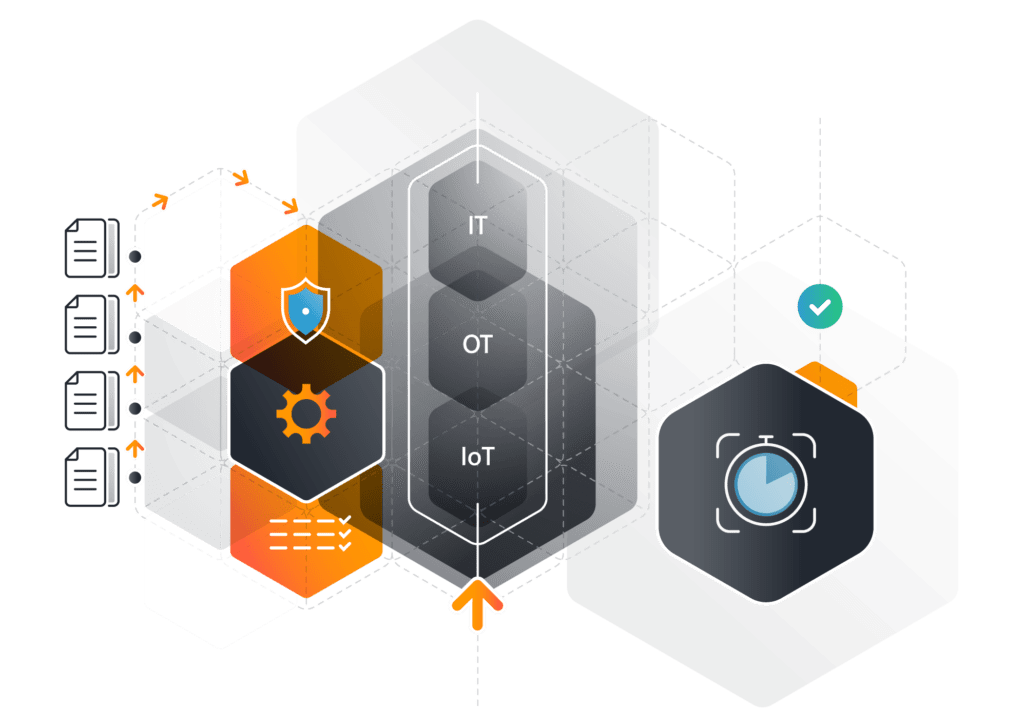
Most dedicated IT asset inventory solutions include comprehensive reporting and analytics capabilities that far surpass the limitations of traditional spreadsheets. These advanced tools provide comprehensive, real-time insights into any asset data the tool picked up like asset utilization, performance, and lifecycle status. Reliable reporting and analytics help your organization to make data-driven decisions.

One of the main reasons you may want to keep an asset tracking spreadsheet is to inform your risk management strategy, to become compliant with certain security standards and regulations, or to prepare for compliance audits.
IT asset inventory solutions like Lansweeper guarantee that you are always audit-ready with accurate and up-to-date asset data. Reports and automated alerts will help you stay on top of software updates, license renewals, and security vulnerabilities. Simply being able to track assets accurately reduces the risk of data breaches and lost or stolen equipment.
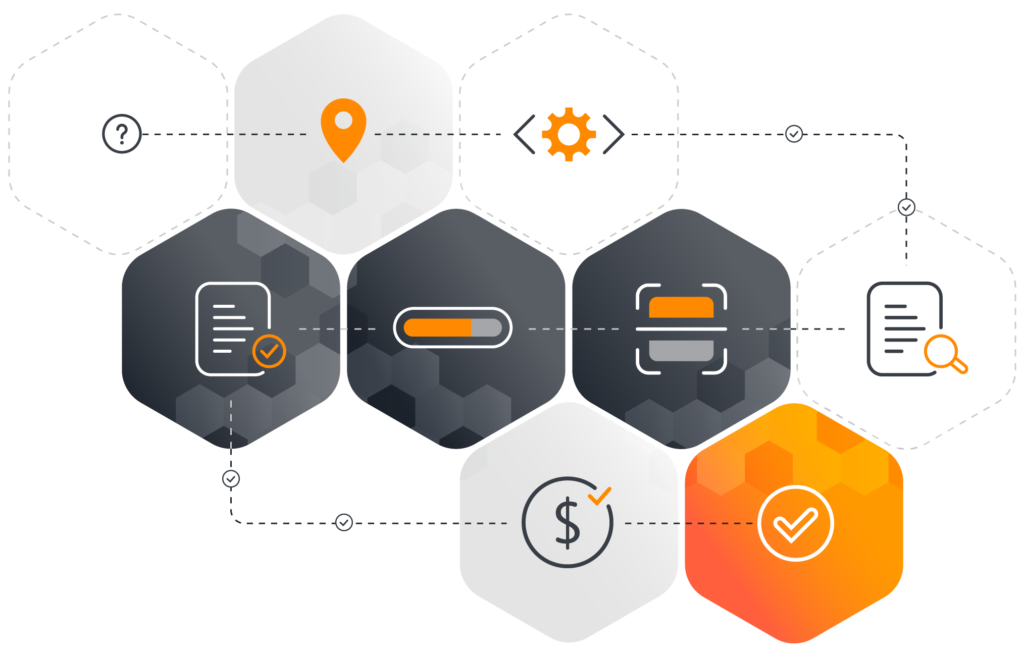
A dedicated IT inventory solution does more than just list the assets in your network. It helps you keep track of resource utilization, lifecycle data, patch status, and more. This information can be leveraged to guarantee optimal resource allocation, avoid unnecessary purchases, and proactive maintenance. This in turn leads to reduced downtime and preventing obsolete or underutilized assets. Ultimately, the combination of reduced manual labor and automated processes leads to a more streamlined and cost-effective asset management strategy.
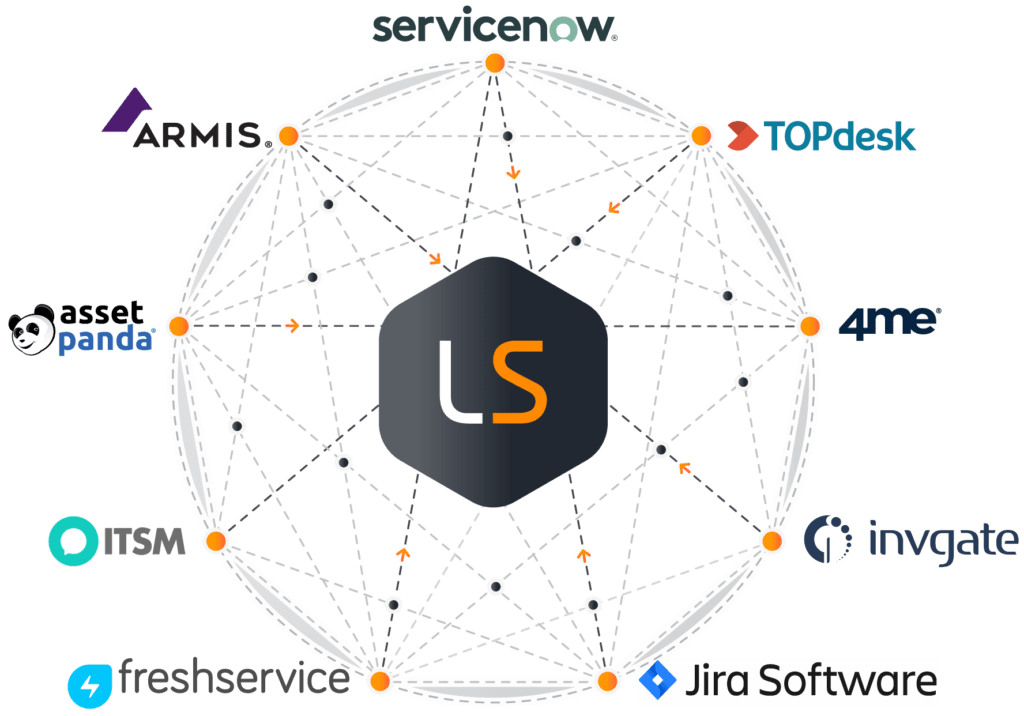
Having your IT asset data gathered in a spreadsheet is one thing, but you probably want to use that data to support your IT team in their tasks and projects. This means the data needs to be imported or copied into your existing tools and solutions. Lansweeper connects right into your existing technology stack so you can fuel every IT scenario with up-to-date, accurate data. Leverage data and insights where needed most. No matter what the IT scenario, the data is there, it’s accurate, and it’s ready to use.
Entdecken Sie alle unsere Funktionen, 14 Tage lang kostenlos.